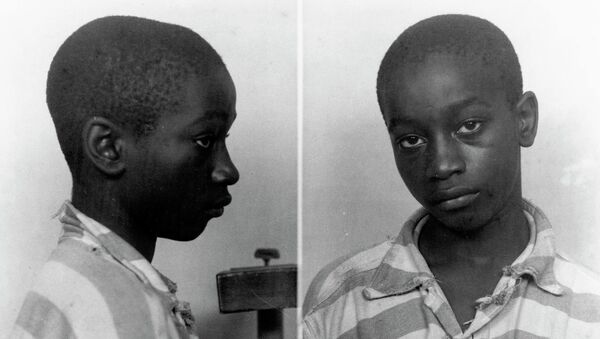"This Court finds fundamental, Constitutional violations of due process exist in the 1944 prosecution of George Stinney, Jr. and hereby vacates the judgment," the ruling issued by the Court on Wednesday said.
Stinney, Jr's arrest occurred in the absence of his parents or any other adult relatives. No lawyer was present during the interrogation. The death sentence was handed down by a jury, consisting of white Americans at the times of racial segregation.
The news comes amid the rising concerns over the precedents of wrong judgments on capital punishments and an ongoing national debate on the controversial nature of executions in the United States.
Graham, an African-American, was 17 years old when he was convicted of murder and sat on death row until the age of 36, the Capital Punishment in Context says.
Anti-death penalty activists, in particular, representatives from Amnesty International, called for a more thorough investigation as they claimed Graham might be innocent.
It wasn't until 2005 that the US Supreme Court introduced the Eighth Amendment to the US Bill of Rights, forbidding the imposition of capital punishment on juvenile offenders.
Since the US Supreme Court reinstated capital punishment in 1976, the total number of executions has been1394, according to the DPIC.
A study by University of Michigan professor Samuel Gross revealed that at least 4.1 percent of all defendants, convicted of murder nowadays in the United States, are innocent.
A report, released on Thursday by the DPIC, however, indicated a positive trend in capital punishment statistics. It stated that the number of death sentences handed down had dropped by 77 percent since 1996. The report also claimed that 2014 saw the fewest executions (35) in 20 years.






